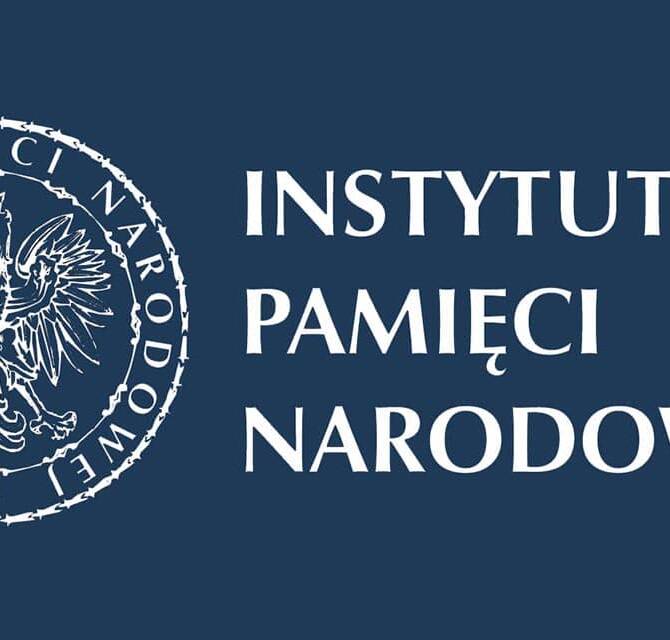Austria – Following a complaint lodged by the FPÖ (Austrian populist party), the administrative tribunal of Vienna has ruled on 24 March that PCR tests could not be considered as reliable way of diagnosing an illness or the level of contagiousness of an individual.
“PCR tests are not appropriate to conduct a diagnostic”
On 31 January 2021, the Vienna branch of the Freedom Party of Austria (FPÖ), led by Dominik Nepp, wanted to organise a demonstration to protest the restrictive sanitary measures introduced by Chancellor Sebastian Kurz’s Christian Democrats-Green Party coalition government. This demonstration was banned by the Police Prefecture, a decision that the FPÖ decided to legally challenge.
“A PCR test conveys nothing with regards to whether a person is sick or infected”
Not only has the tribunal ruled that it was illegal to ban the demonstration but it also ruled in favour of all the plaintiffs’ issues. The tribunal also pointed out that, amongst other things, that the World Health Organisation (WHO) had declared that
“a PCR test is not appropriate to conduct a diagnosis and, therefore, cannot establish neither the illness nor the level of contagiousness of an individual.”
Whilst the Austrian Ministry of Health has a broad definition of what constitutes a “COVID case”, it cannot be legally used to justify banning a demonstration.
Mistaken statistics
In other words, the administrative tribunal of Vienna has detected that the “COVID case” statistics, that were used by the Vienna health service commission to justify banning the demonstration, were not even based upon the WHO’s definition of what constitutes a “COVID case”. It was instead based upon a much more restrictive definition used by the Austrian Ministry of Health and, thus, were inaccurate for they “were not based upon any evidence linked to the pandemic.”
The WHO refuses to rely solely on PCR tests
The tribunal’s findings found that: “According to the health minister’s 23 December 2020 definition of what constitutes a “COVID-19 case”, it is stated that a “confirmed case” is declared when 1) a person presents clinical evidence of having nucleic acid specifically associated to SRAS-CoV-2 (editor: a PCR test) or 2) a person presenting clinical evidence of having an antigen specifically associated to SRAS-CoV or 3) a person presenting epidemiological evidence of having an antigen specifically associated to SRAS-CoV. Therefore, none of the three “confirm case” criteria, as defined by the health minister, meets any of those used by the WHO to identify a “sick/infected person”. Indeed, the WHO refuses to rely solely on PCR tests…”
In other words, this means that the Austrian Health Ministry’s “COVID case” statistics as they are currently complied are, to say the least, exaggerated when compared to the WHO’s international criteria.



